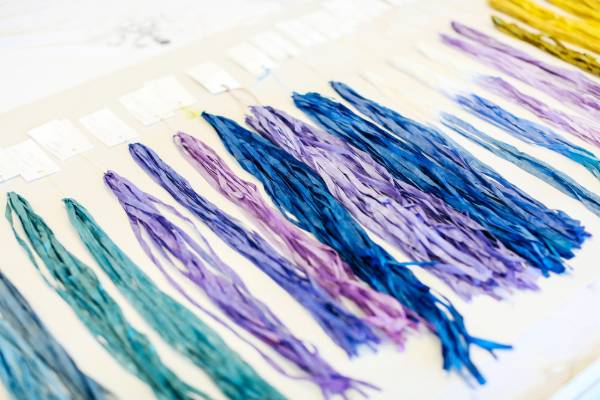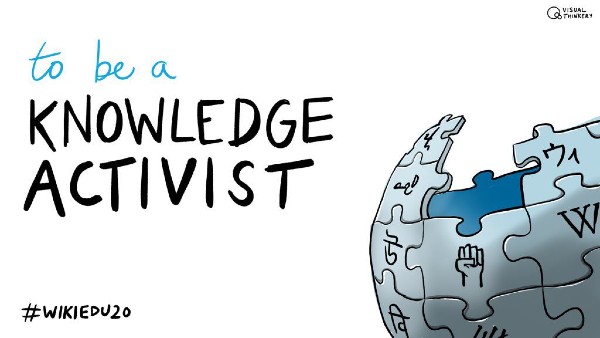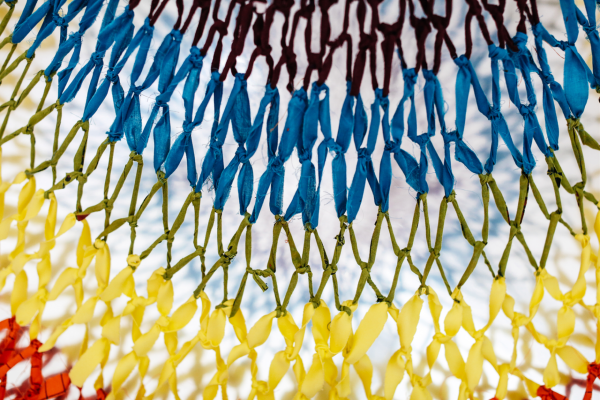Author: Lucy Panesar
-
Book Now: Anti-Racism Staff Development Activities
Throughout July, colleagues at LCC can develop their knowledge and skills in anti-racist practices through a range of synchronous and asynchronous activities happening as part of the expanded staff development month. As part of LCC’s ongoing efforts to create an equitable and inclusive experience for all of its community, a…
Written by
-
Supporting our new students
Whether online, blended or on campus, new students starting this autumn will need more support than ever to survive and thrive in their first year. This will require us to work effectively together to ensure no student is left behind. Here’s an update on how LCC’s Academic Progression Tool and Team can help. The Academic Progression Tool…
Written by
-
LCC Wikipedia Edit-a-thon 2020
Through May-June, LCC is hosting an online Wikipedia edit-a-thon to increase the visibility and credibility of under-represented creative practitioners. LCC staff and students are invited to participate in this collaborative endeavour, which will take place through three online, real-time events late afternoon on 27 May, 3 June and 10 June.…
Written by
-
Supporting Students of Colour
UAL’s Fellow in Race and Education, Dr Gurnam Singh has produced a 6-point guide to help us understand more about the disproportionate impact the Covid-19 crisis is having on Black, Asian and other Minority Ethnic students. The guide goes into detail on issues of financial hardship, health inequality, the digital divide,…
Written by
-
Make the Grade – Fit to Submit
UAL’s new Online Student Engagement Policy for Course Teams recommends ‘having a discussion of assessment criteria and near-completed work as “fit to submit”’ (2020, p. 4). This refers to a practice introduced and subsequently developed as ‘Make the Grade’ by Terry Finnigan, Head of Student Attainment at LCF (more background in this case study). Make the Grade has since been promoted…
Written by
-
APT for supporting student progress
At the start of the year I wrote a Hub post introducing course teams to the Academic Progression Tool, a digital, collaborative, monitoring and communication aide for prioritising support to Year 1 students. When we went into lock-down I directly contacted course teams to suggest they work with their APT workbooks and the…
Written by
-
LCC Student Changemakers
An introduction to the LCC Student Changemakers, a staff – student collaboration initiative. As an academic community, we are more aware now than ever of the persistent racial inequalities in the higher education sector. The latest sector research says that work to address this needs to be in partnership with students and with sufficient focus on race as a stand-alone issue…
Written by
-
Inclusive Remote Teaching
LCC staff can learn more about ensuring safety, equity and inclusion in our new ways of working in a new session on Inclusive Remote Teaching with Lucy Panesar and Emily Salines on Thursday 16 April 11-12.30 or watch a recorded version via Collaborate playback. The safety, equity and inclusion of…
Written by
-
Supporting Student Progress
At LCC a significant number of undergraduate students leave their courses prematurely, many by the end of their first year. This can be due to a range of factors and complex challenges students face on entering higher education. Some of these challenges are beyond our control, but many of them…
Written by







